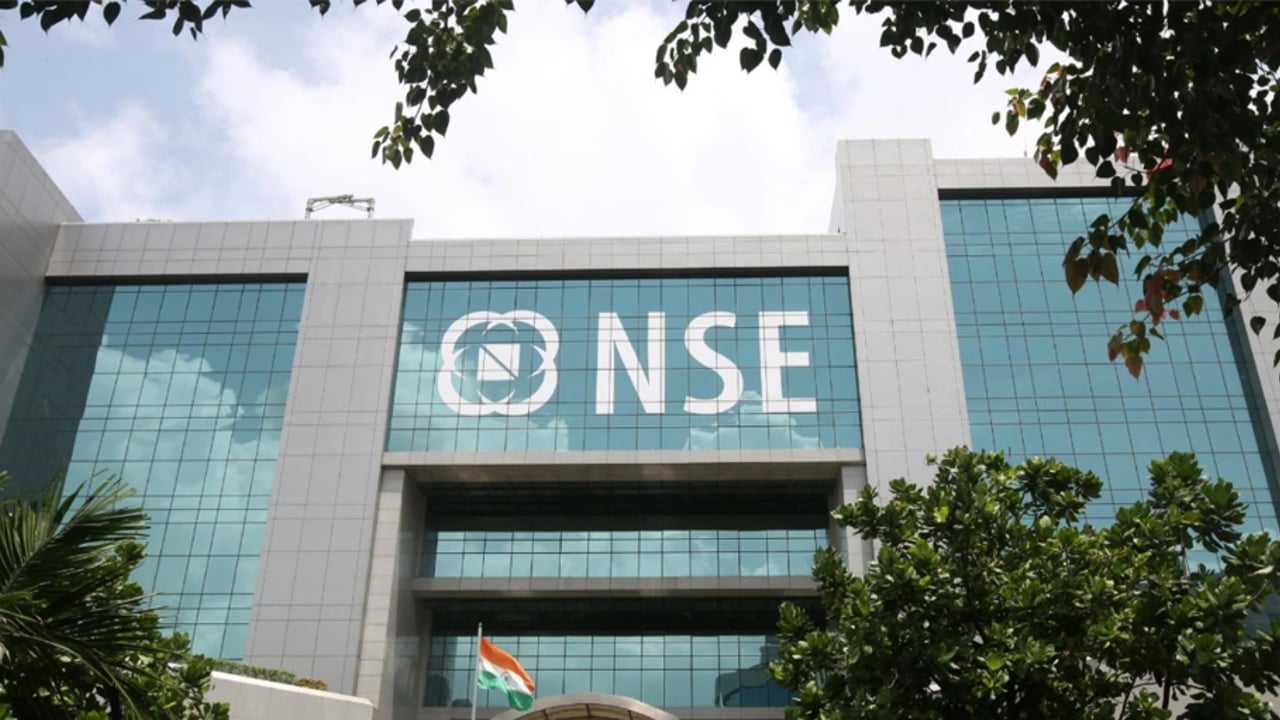Related Articles
PayPoint Shares Rise Despite Revenue Miss as Profitability Metrics Improve
PayPoint plc $PAY.L saw its shares gain over 3% on Thursday, following the release of fourth-quarter and full-year financial results that, while falling short of revenue expectations, met profitability forecasts. The market reaction suggests investor focus is shifting toward operational efficiency and strategic growth areas such as e-commerce.
Car-Mart Shares Climb as Q4 Earnings Beat Signals Operational Inflection Point
America’s Car-Mart Inc. $CRMT posted stronger-than-expected results for the fourth fiscal quarter ended April 30, 2025, driving its stock up by 7.08% in premarket trading on Thursday. The earnings report marks a notable turnaround period for the used car retailer, suggesting early success in its ongoing operational restructuring and growth strategy.
RH Stock Surges as Solid Q1 Results and Confident Guidance Lift Market Sentiment
Shares of RH $RH, a high-end furniture retailer, soared 17.1% on Thursday after the company delivered better-than-expected Q1 earnings and reaffirmed its bullish full-year outlook, mitigating investor concerns about persistent macroeconomic headwinds in the discretionary home goods sector. While revenue of $814 million slightly missed the Wall Street consensus of $818 million, the company posted an adjusted EPS of $0.13, beating forecasts by $0.20 per share, and signaling early progress in margin recovery amid a challenging cost environment.








It's concerning to see how global policy decisions can rapidly impact an entire industry like pharmaceuticals in India.
Trump's tariff uncertainty is clearly shaking up the Indian pharma market.